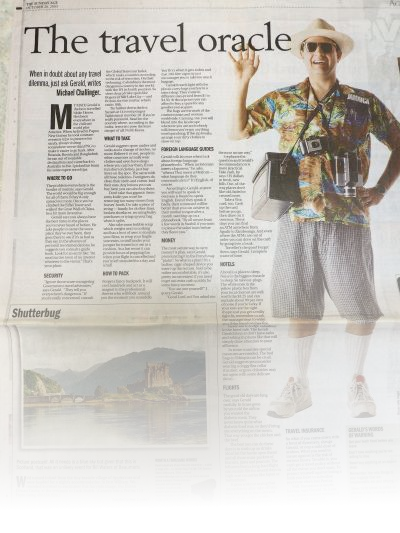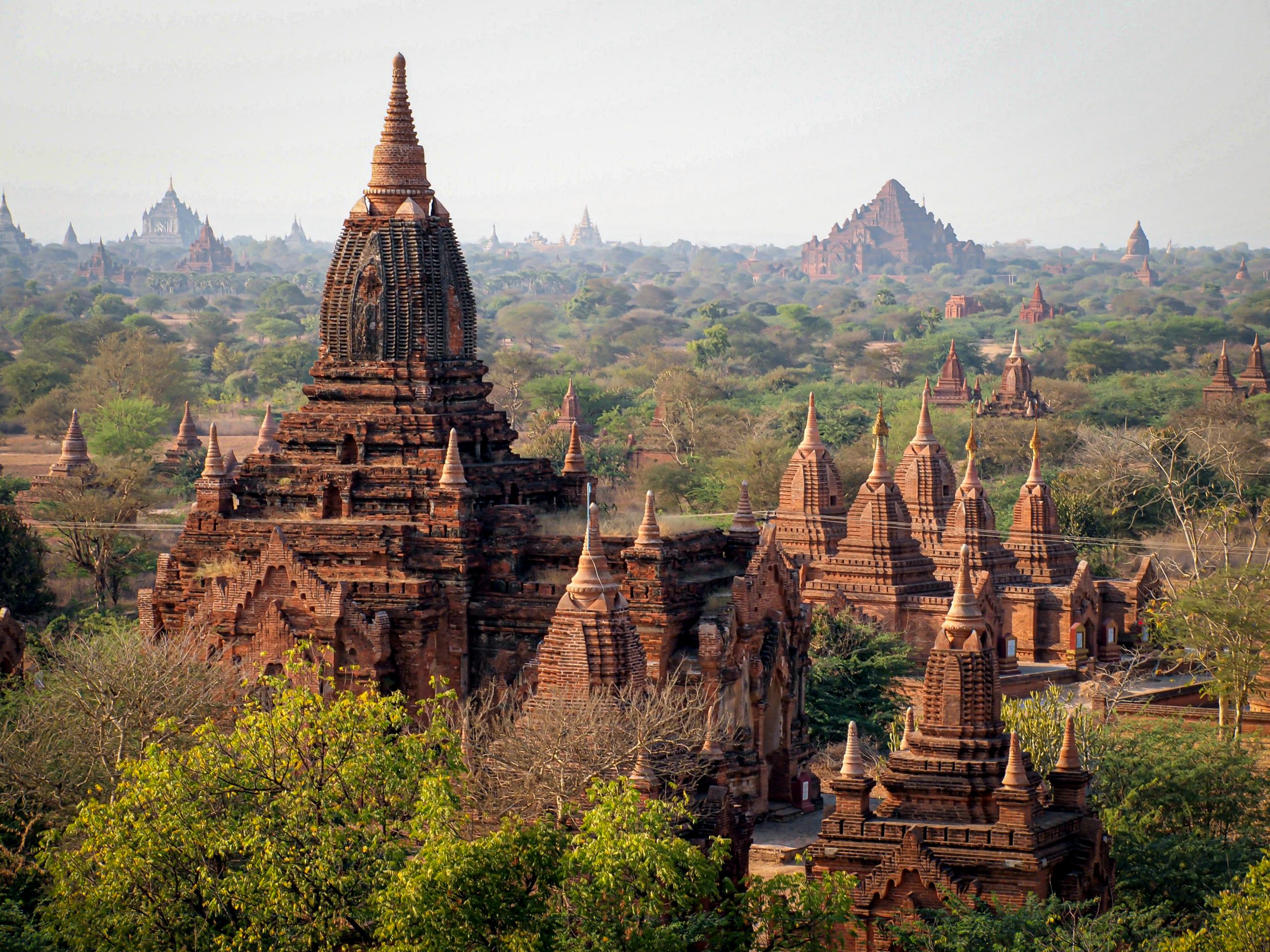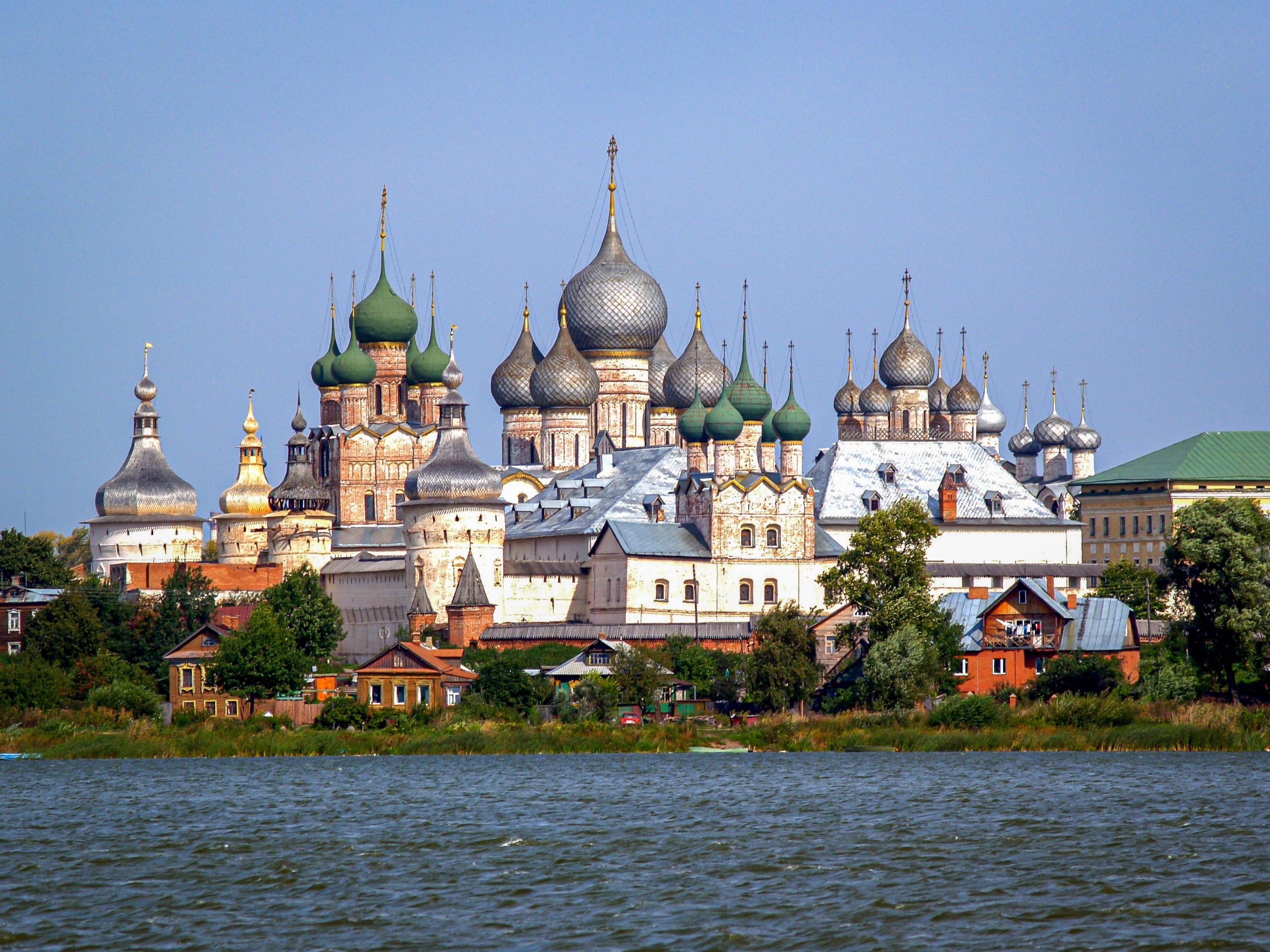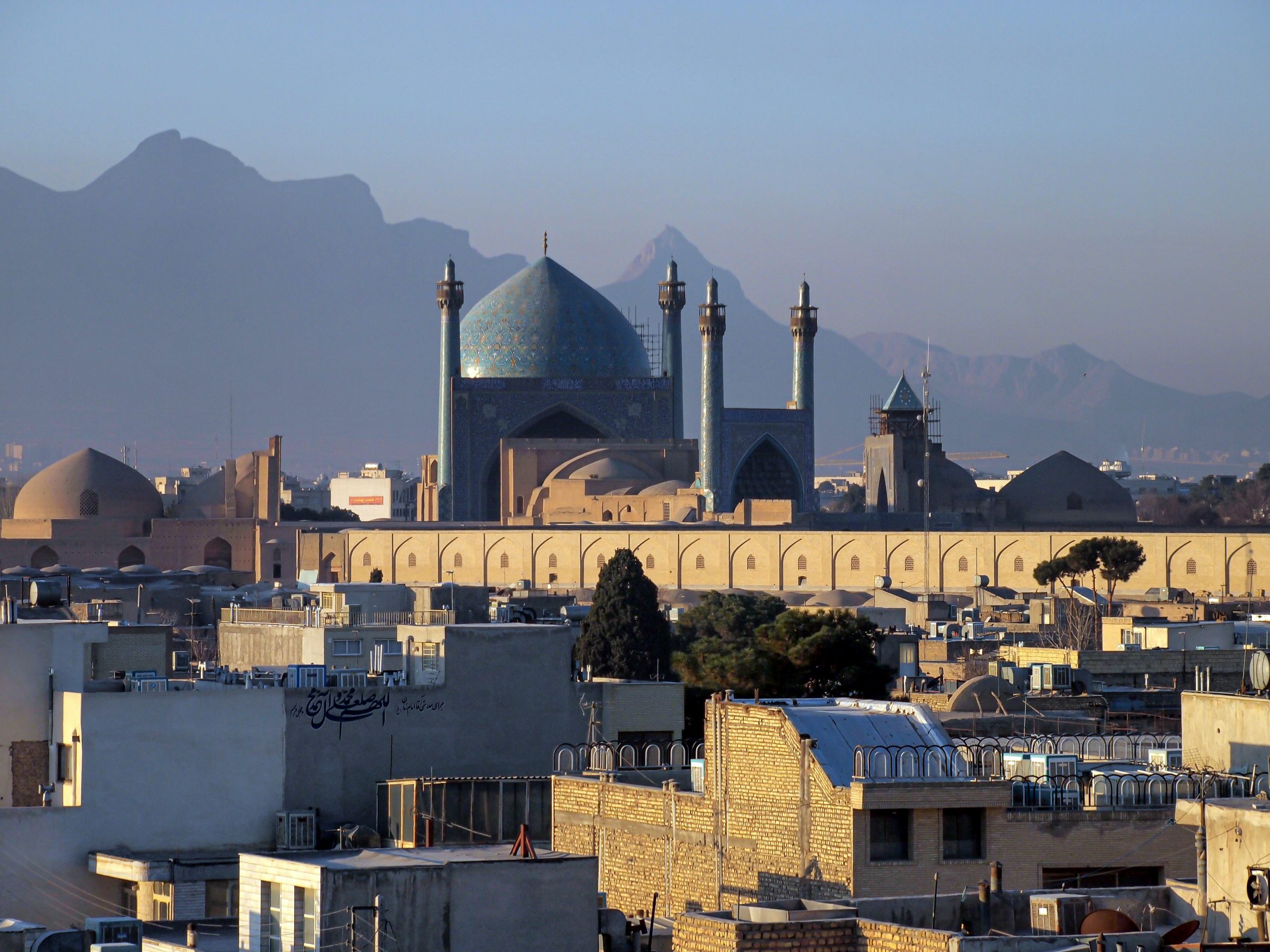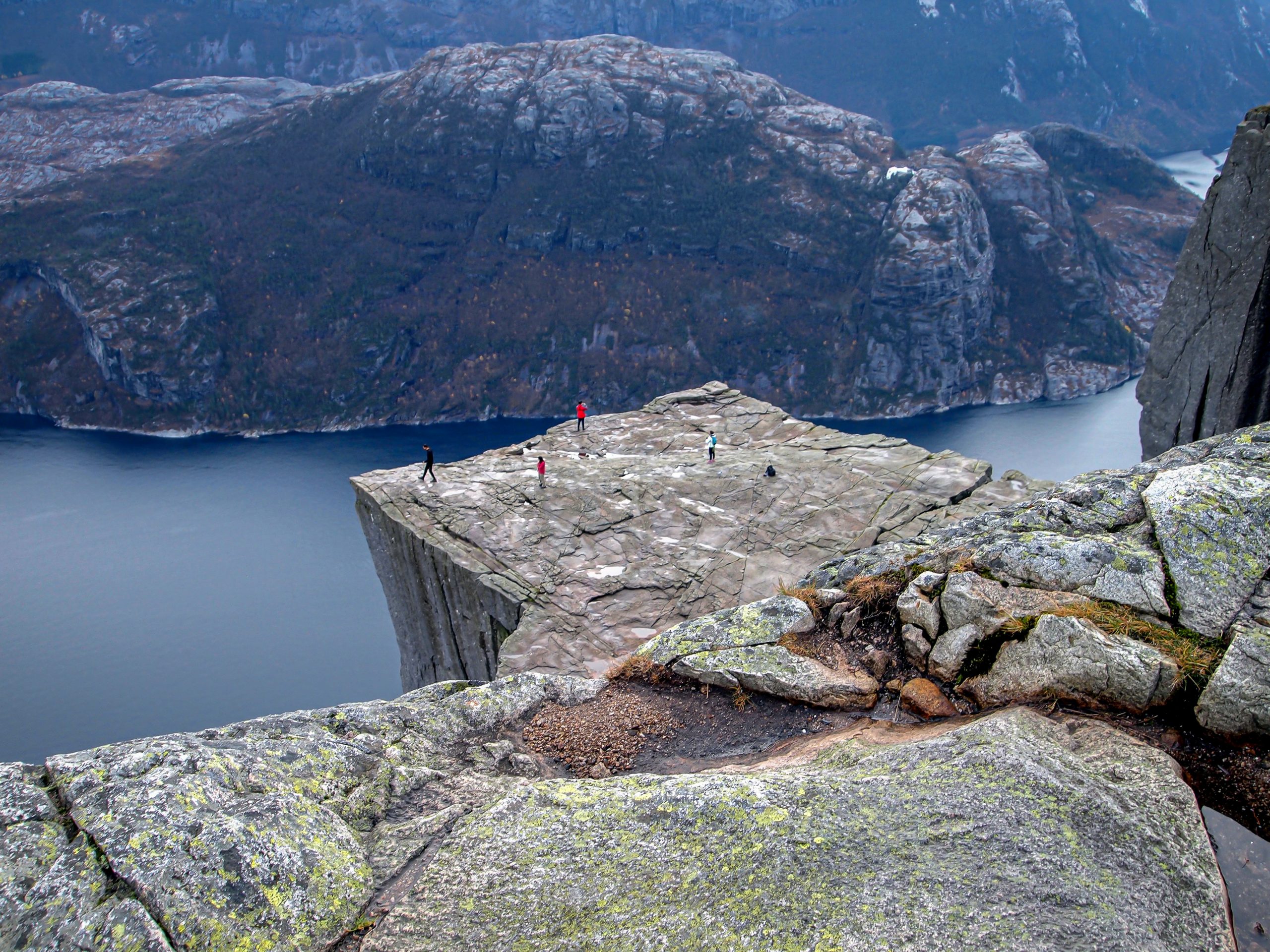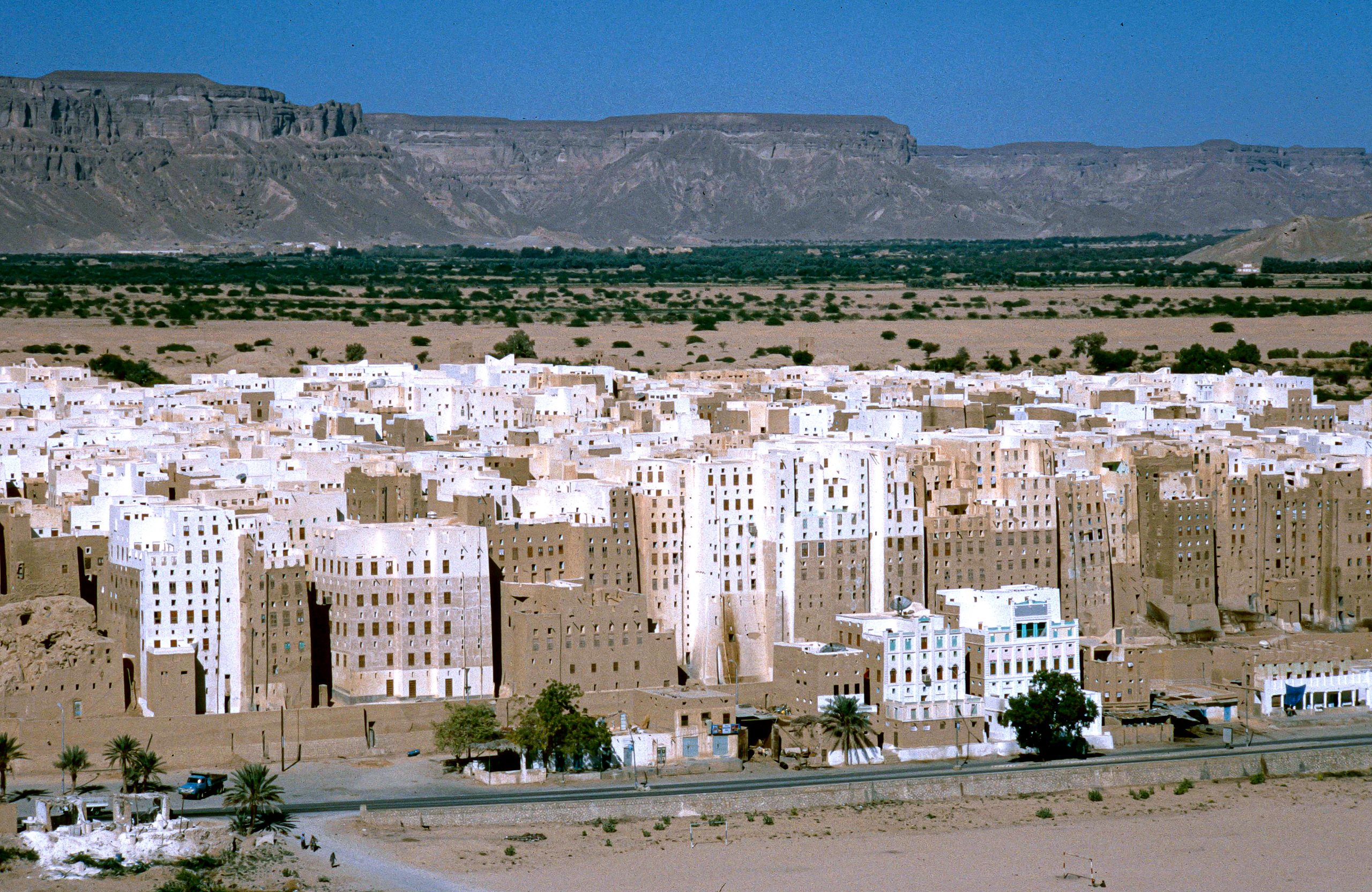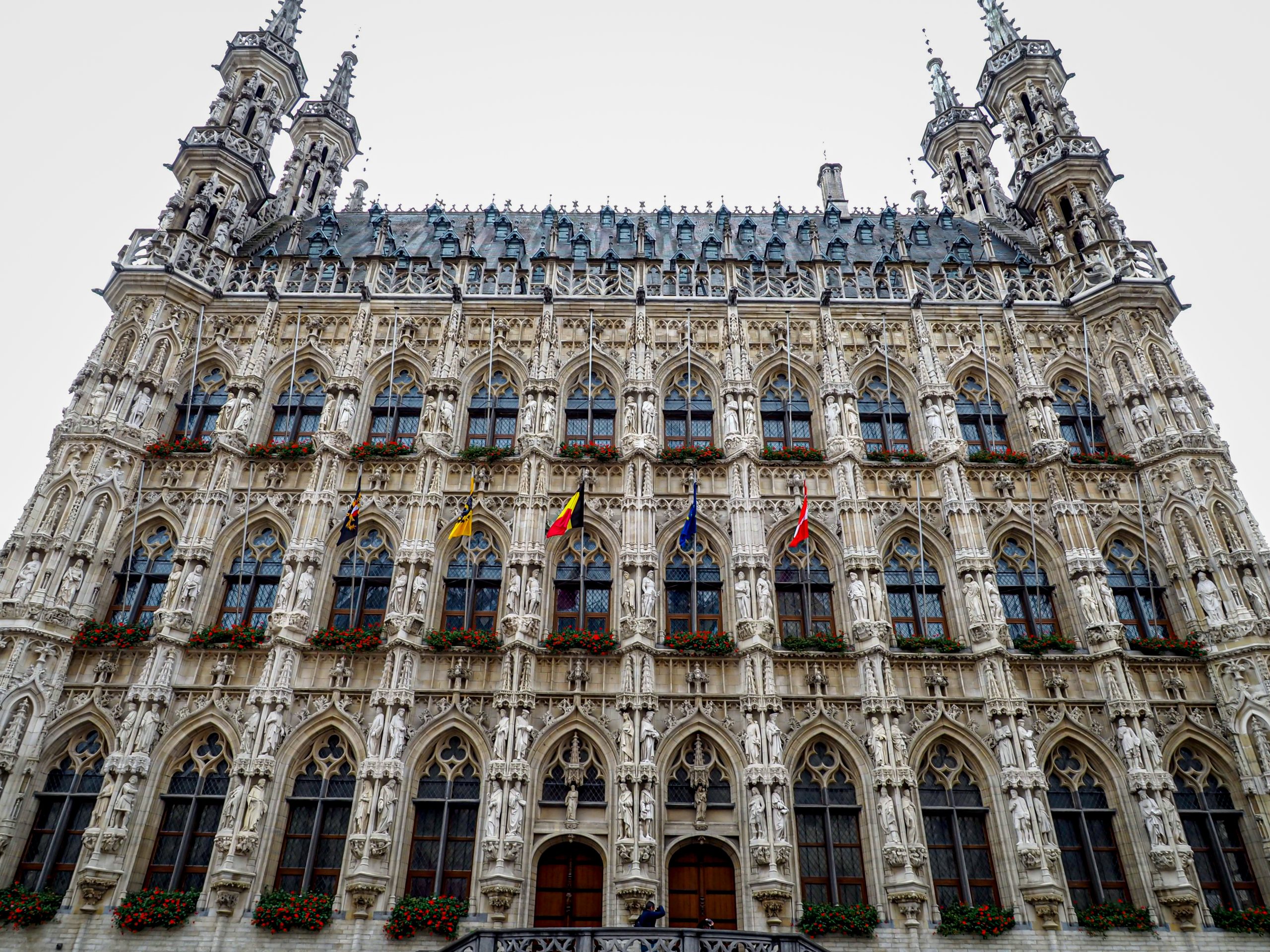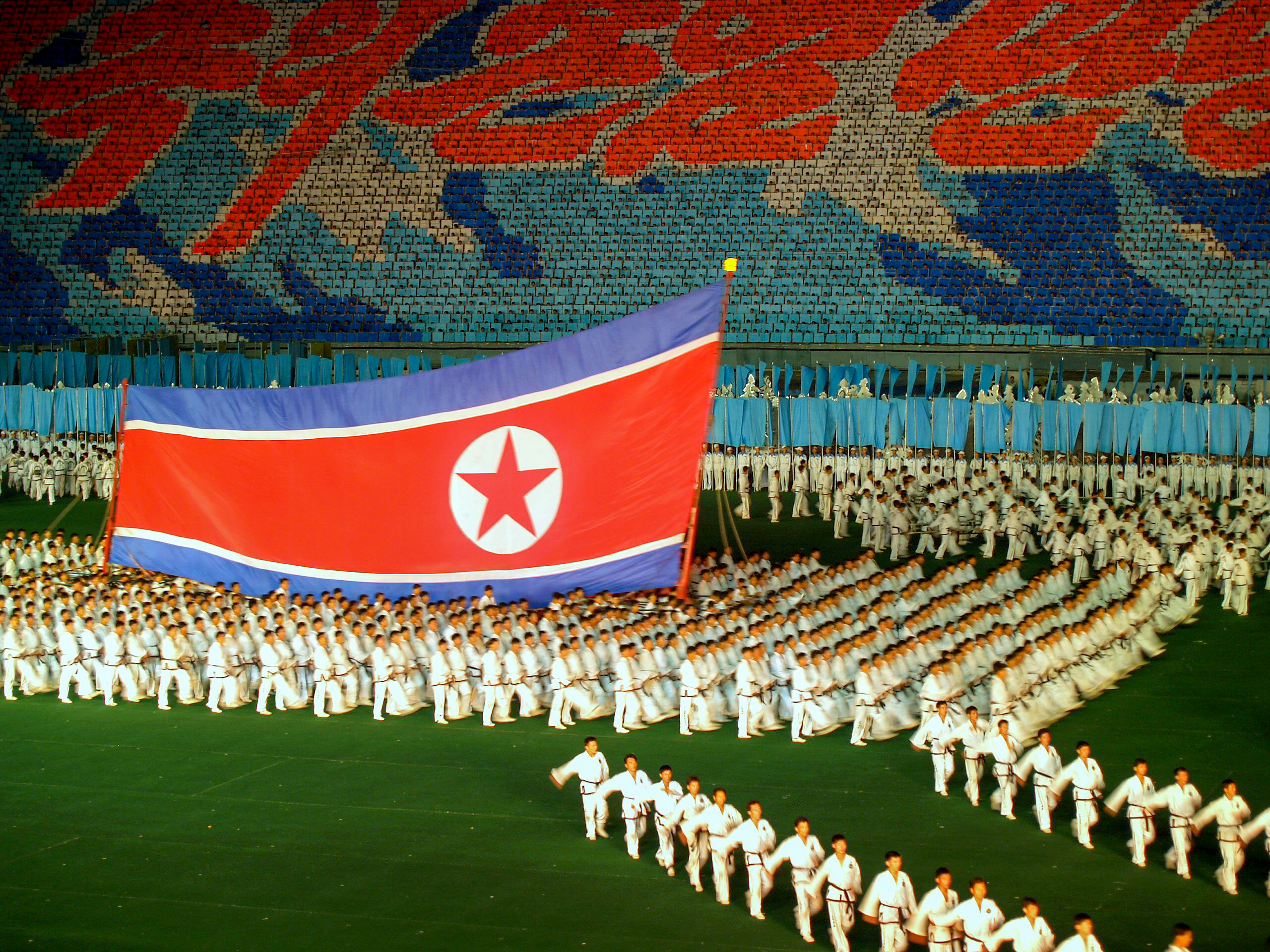Michael first went overseas in 1968 and hasn’t stopped since. Except for two years he’s travelled outside Australia at least once every year since then. Covid’s now spoiling his record.
He’s been to around 125 countries. The exact number depends on whether you count such places as Abkhazia, Transdniestria, Somaliland and Iraqi Kurdistan as countries. They do; he doesn’t.
Michael has flown on 129 airlines and is up to his fourteenth passport.
He has written dozens of travel articles for such publications as the Age, the Sydney Morning Herald, the Brisbane Courier Mail, the West Australian, Royalauto and Paradise inflight magazine.
THE SUNDAY AGE
The Travel Oracle
When in doubt about any travel dilemma, just ask Gerald, writes Michael Challinger
My mate Gerald is the best-travelled bloke I know. He’s been everywhere in the civilised world plus America. When he lived in Papua New Guinea he took constant overseas trips to preserve his sanity, always visiting somewhere worse than PNG to make it easier to go back. After Rwanda, Bosnia and Bangladesh he ran out of available destinations and came back to Australia to live. I picked his brain for some expert travel tips.
Where to go
The problem everywhere is the hordes of tourists, says Gerald. The world would be big enough for all of them if they’d only spread out more. Once you’ve climbed the Eiffel Tower and walked the Great Wall of China, be a bit more inventive.
Gerald says you always have the best times in the places you’ve never heard of before. He asks people to name the worst place they’ve ever been, then goes there to see if it’s as bad as they say. In the absence of personal recommendations, he suggests you consult a guidebook. Look for an entry like: ‘An unattractive town of no interest whatever to the visitor’. That’s your destination.
What to take
Gerald suggests spare undies and socks and a change of clothes, no more. Believe it or not, people in other countries actually wear clothes and even have shops where you can buy them. If you run short of clothes, just buy more on the spot. The same with all those toiletries. Foreigners do clean their teeth and cotton-bud their ears. Any lotions you can buy here, you can also buy there.
Don’t take that gigantic Swiss Army knife; you won’t be removing too many stones from horses’ hoofs. Do take a piece of string – handy for clothes-lines, broken shoelaces, securing bulky purchases or tying up your bag when it splits.
Also take some bubble wrap which weighs next to nothing and has a host of uses: to insulate your films, to wrap your fragile souvenirs, to stuff under your jumper for warmth or use as a cushion. As a last resort it can provide hours of popping fun when your flight is cancelled and you’re left stranded for a day and a half.
How to pack
Forget a fancy backpack. It will cost you hundreds and act as a magnet to the professional thieves who will flock around you the moment you unsaddle. You’ll cry when it gets stolen and that 200 litre capacity just encourages you to take too much luggage.
Gerald travels light with the plastic carry-bags you buy in a reject shop. They come in different sizes priced from $1 to $4 50. At those prices you can afford to buy a spare for any goodies you acquire.
The bags are the mark of the common man and woman worldwide. Carrying one, you will blend into the landscape wherever you are and nobody will dream you’ve got anything worth pinching. If the zip breaks, arrange your dirty clothes to show on top.
Foreign language guides
Gerald rolls his eyes when I ask about foreign-language phrase books. ‘When an Estonian meets a Japanese,’ he asks, ‘when a Thai meets a Mexican – what language do they communicate in?’ It’s English of course.
According to Gerald anyone you will want to speak to overseas is bound to speak English. Even if they speak it badly, their command will be better than you can achieve in their mother tongue after a month swotting up on a phrasebook. ‘By all means learn a few words in Swahili if you want to please the safari touts before they fleece you.’
Money
The most secure way to carry money? ‘A plan,’ says Gerald, pronouncing it in the French way ‘plahn’. So what is a plan? It’s a hollow, cigar-shaped device you insert up the rectum. Said to be rather uncomfortable, it’s also pretty inconvenient if you need to get out extra cash quickly for some fancy souvenir.
‘You use one yourself?’ I query Gerald.
‘Good Lord, no! You asked me the most secure way.’
I rephrase the question and Gerald’s recommendation is more practical. Take cash, he says: US dollars in fresh, new bills. Out-of-the-way places don’t like old, faded or creased ones.
Take a Visa card, too. Cash up the card before you go, then draw on it overseas. These days you can find an ATM anywhere from Agadir to Zamboanga. And even where the ATMs are out of order you can draw on the card by going into a back. Traveller’s cheques? Forget them, says Gerald. Complete waste of time.
Hotels
A hotel is a place to sleep. Noise is the biggest obstacle to sleep. So take earplugs. The white ones in the yellow plastic box from your local chemist are well worth the $3.25 and can exclude about 99 per cent of noise if you’re lucky. If your ears are the right shape and you get a really tight fit, remember to ask the management to wake you in the event the hotel catches fire.
Never ask to lodge valuables in the hotel safe. The hotels Gerald stays at don’t have safes and asking in places like that will simply draw attention to your affluence.
In some countries special measures are needed. The bedbugs in Ethiopia can be cruel. Gerald suggests you consider wearing a doggie flea collar (Caution: organo-chlorides may not agree with some delicate skins).
Flights
The good old days are long over, says Gerald ruefully. In times gone by you told the airline you wanted to the diabetic meal. They never knew quite what diabetic food was, so they’d bring you everything on the menu. That way you got the chicken and the beef.
The best you can do these days is to stash up on drinks (don’t let the hostie open them) and all those mini-packets of biscuits, jams and peanuts. The leftovers from a long-haul flight can sustain life for several days in high-cost countries like Japan or Switzerland.
It goes without saying that immediately after take-off you beat the rush to the toilet and stock up on soaps, combs, cologne, tissues, razors and toothbrushes.
Travel insurance
So what if you come down with a bout of dysentery, shrugs Gerald, or cop a mild dose of scabies? What you need to insure against is the risk of serious injury. Trouble is you can’t get a travel policy without all the extras you don’t want. To protect yourself against losing a limb you have to subsidise everyone else’s lost Pentax.
Still, insurance is worth having, says Gerald. To have your spine crushed without it would really spoil the holiday.
Gerald’s words of warning
Get your teeth fixed before you leave.
Don’t take anything you’re not willing to lose.
Never buy anything at an airport shop.
Remember: the only things in your luggage that are irreplaceable are your photos.
Never try to speak to police or officials in any language except English.

